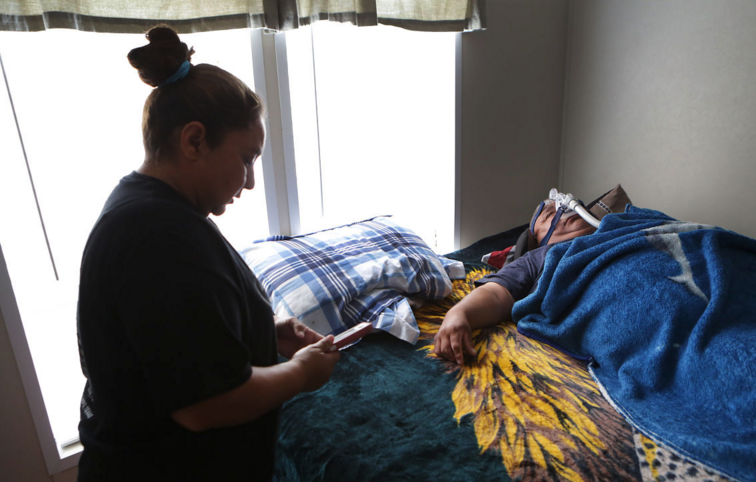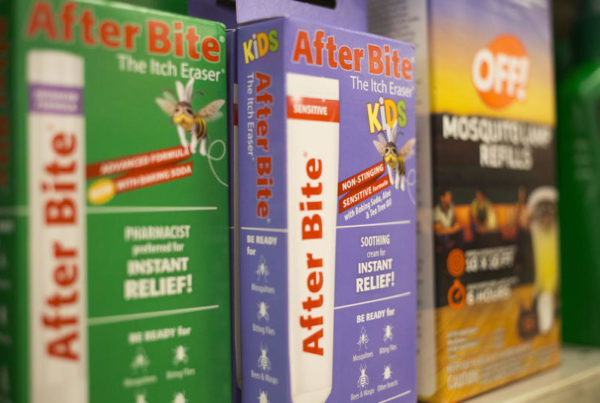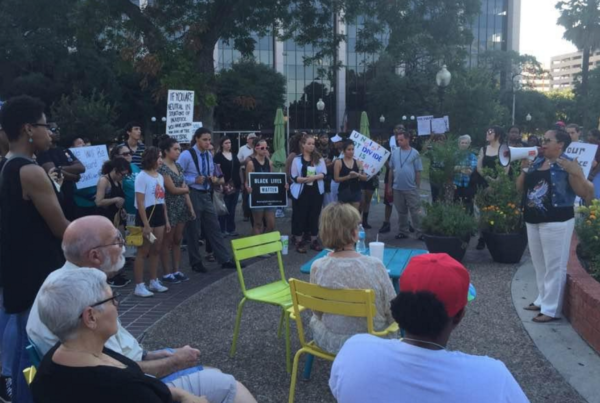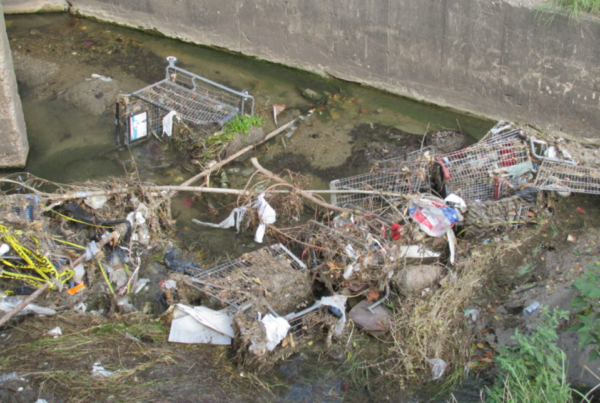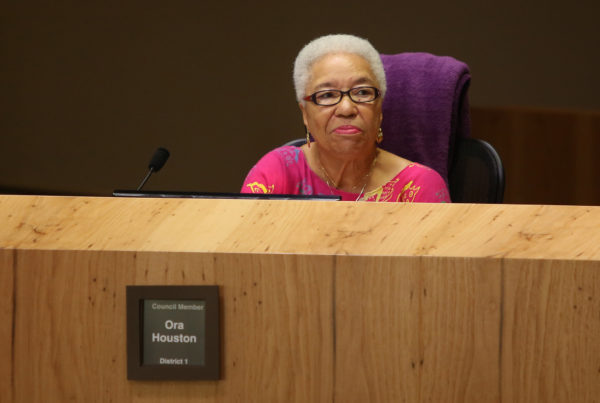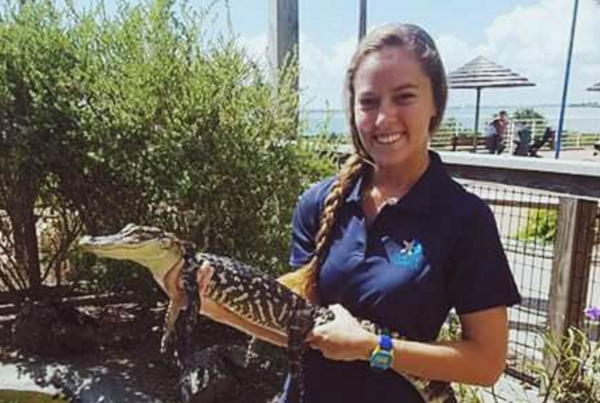In 2008, the Eagle Ford Shale’s rich oil and gas reserves were discovered. Thousands of wells have been drilled in south Texas since then. Though the drilling has boosted the local economy, it’s also invited controversy.
In May 2015, an oil blowout at the Encana oil and gas site released hundreds of thousands of pounds of air contaminants and forced several families living in Karnes County to evacuate. People got sick and dozens of goats and dogs mysteriously died. But as is often the case, linking what happened to local residents’ health problems isn’t easy, especially in Texas.
Jennifer Hiller, a reporter for the San Antonio Express-News, followed the Lara family and what some think is the cost of living between an industrial plant and oil wells.
Hiller says Lonjino Lara experiences headaches, nosebleeds, red eyes, rashes, body aches, severe body cramps and flu-like symptoms that her doctor couldn’t attribute to the flu. The Lara family has been living on 32 acres north of Kenedy, Texas, in a rural area of the county for most of their lives.
In the Laras’ lifetime, the footprint of the region has changed: well pads and processing plants have popped up all over the region, mostly in rural areas. Hiller says that linking the blowout to Lara’s health problems is difficult, but at the very least, the blowout did raise some concerns.
“It was sort of that accident that led them to start to wonder if some of the health problems that they were suffering might be due to an oil and gas facility that they live next to,” Hiller says.
“For (the Lara family), they’re living pretty close to a large plant that’s processing a lot of oil and gas every day,” Hiller says. “So they think that that is what is making them have all of these various mysterious health problems. But to prove that and to actually connect those dots in a medical way, in a legal way, is just a huge hurdle to try to jump.”
Listen to the full interview in the audio player above.
Post by Beth Cortez-Neavel.


